Pet Shops
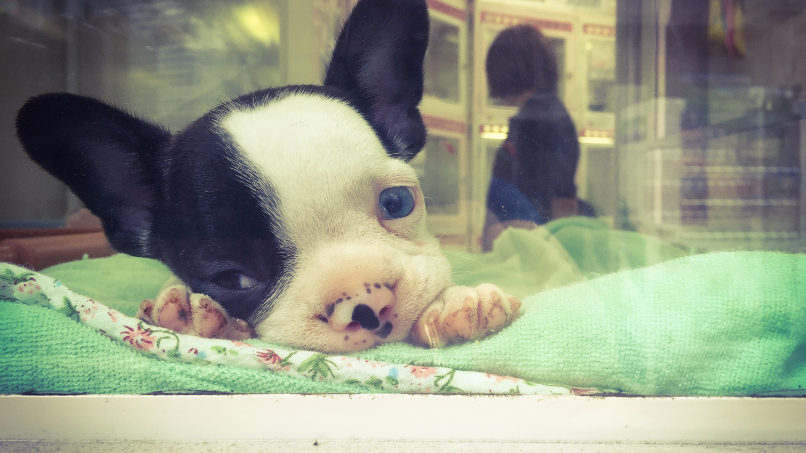
According to the AFCD, nearly 600 pedigree puppies are sold in Hong Kong’s pet shops every month. If you are planning to buy a puppy from a pet shop, you are supporting a long chain of cruelty.
Sick Puppies
Pet shops in Hong Kong have a history of selling puppies who have been taken from their mothers too young and not had time to develop sufficient immunity resulting in preventable diseases. The pet shops further increase stress levels by putting puppies in bare cages under strong lights with potential buyers knocking on the window.
Poor Care
Unscrupulous pet shop owners are known to underfeed puppies and not provide easy access to water. This prevents them from peeing and pooing, and making a mess of the cage and of the other pups. Not only is depriving an animal of food and water cruel, but also against the law.
If you spot cruelty in pet shops, please do not hesitate to report it to the SPCA Hotline on 2711 1000 or to the on AFCD 1823.
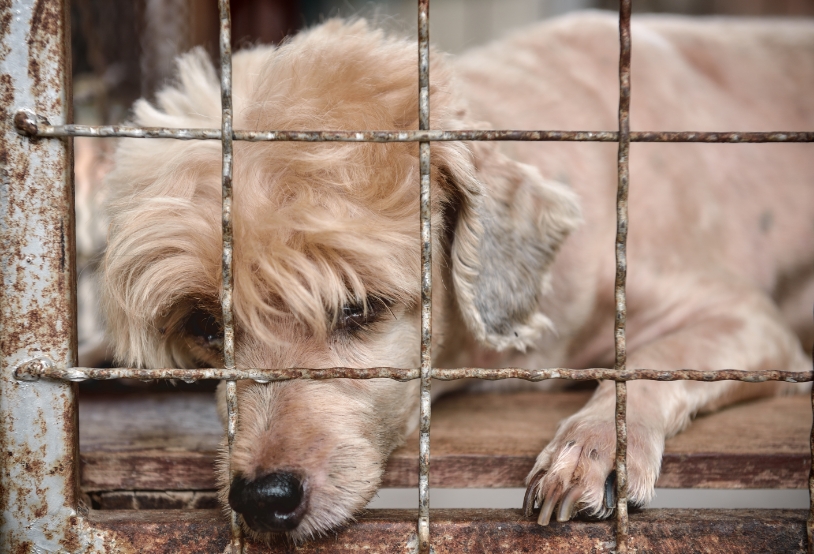
Pup Warehousing
With a high turnover of puppies, pet shops need to “warehouse” their stock so they can resupply quickly. Sometimes, these warehouses contain more than 50 puppies, all confined to tiny cages stacked on top of each other. They are never allowed out and sick puppies are pumped full of antibiotics, administered by unqualified staff, in a bid to keep the pets healthy or mask symptoms until sold.
Pet Shop Lies
Some pet shop staff have been known to tell customers to feed their new puppy ten pieces of kibble a day in order to stunt its growth, keeping it cute and small, and to stop the pup from peeing and pooing in the new owner’s apartment. However, this is a starvation diet and can result in the puppy dying.
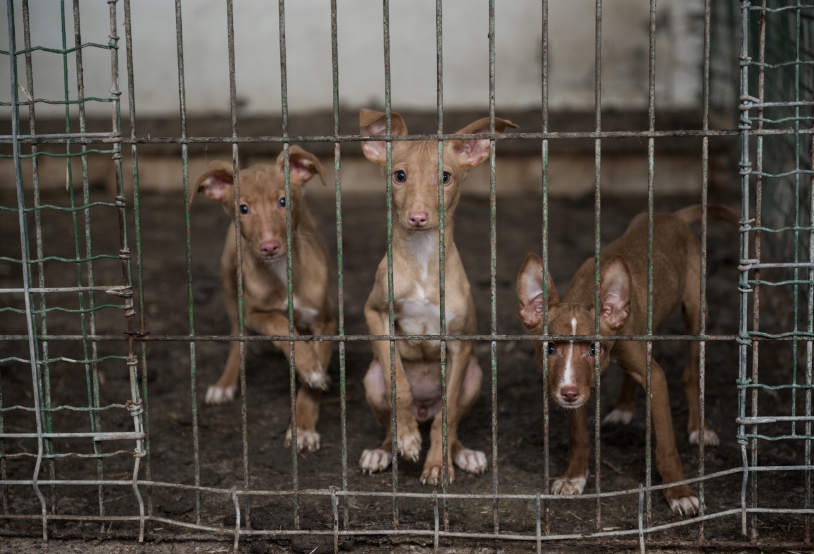
Inbred Puppies
A pet shop’s motivation is to sell as many pups as possible, caring little for the breeding process. However, poor breeding can result in very painful genetic conditions – such as hip and leg problems, breathing problems or neurological problems – which is not only heart-breaking but also going to cost you a fortune in vet bills.
Where do Pet Shop Puppies Really Come from?
Behind every adorable puppy in the window of Hong Kong’s pet shops, is the reality that many have endured horrendous conditions on the journey to the buyer. The demand for cheap, pedigree puppies means unscrupulous traders need to churn out the trendiest breeds rapidly resulting in the dreadful cruelty of Puppy Mills.
These are particularly prevalent in Southern China with the puppies making their way to Hong Kong via the Dali Pet Market in Fo Shan.
Internet Sales Hide Cruelty
The internet is an increasingly popular way for people to buy puppies. Both pet shops and breeders can offer cheaper dogs because they can circumvent any licensing requirements and avoid government inspections. Websites claim to have puppies from “reputable” breeders but it’s worth remembering that a good breeder would not sell their pups to an unknown buyer that they have not vetted.
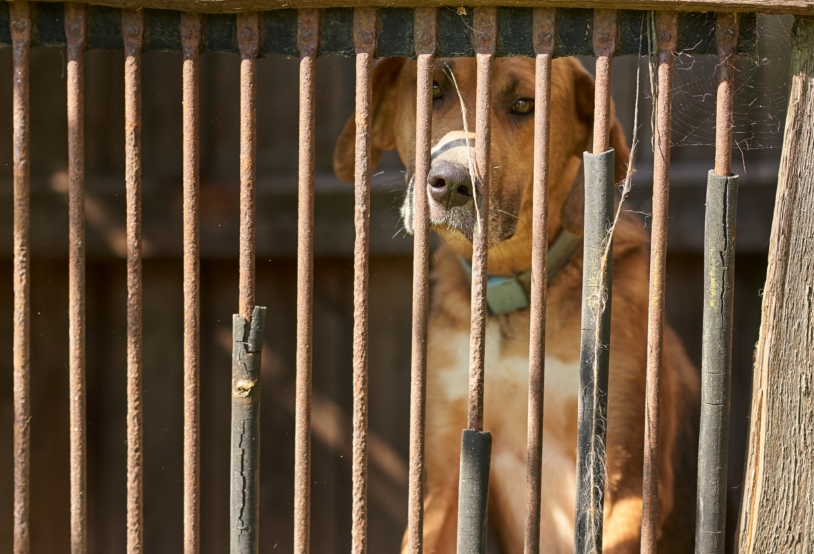
We urge you to adopt, not shop. If you must have a pure breed then do not buy the puppy from a pet shop or the Internet; visit the breeder yourself to make sure that you are not part of a continuing chain of cruelty.
About Puppy Trade
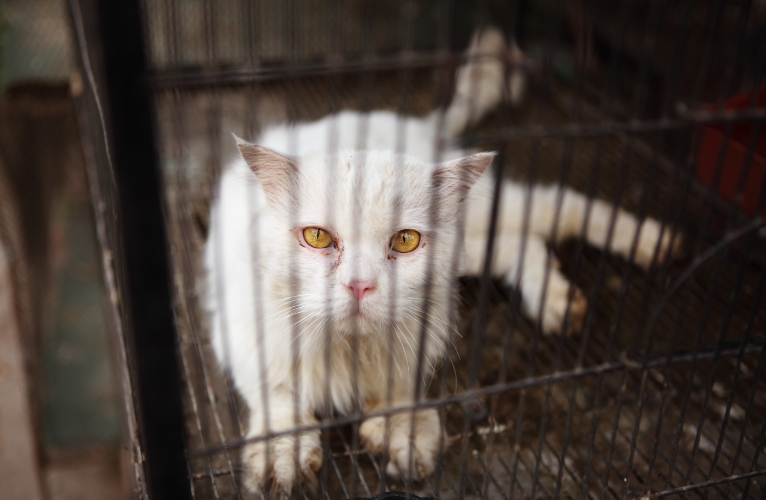
Pet Shops
According to the AFCD, nearly 600 pedigree puppies are sold in Hong Kong’s pet shops every month. If you are planning to buy a puppy from a pet shop, you are supporting a long chain of cruelty.
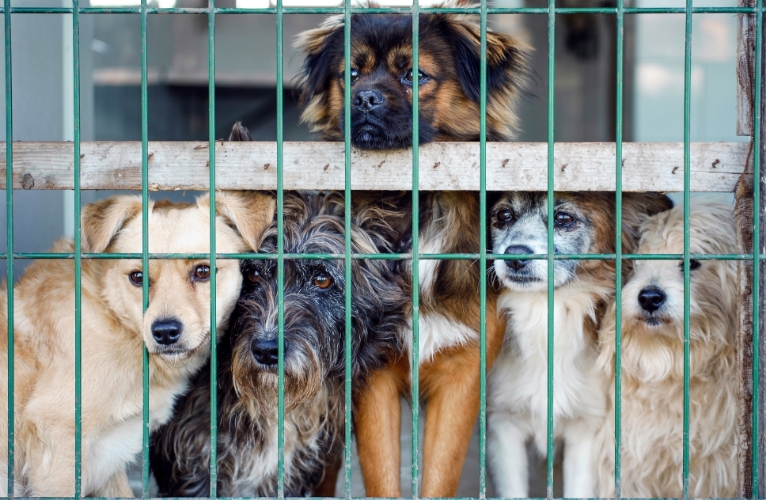
Puppy Mills
Simply put, they are large scale dog breeding operations that aim to produce the most number of puppies for the least cost ...
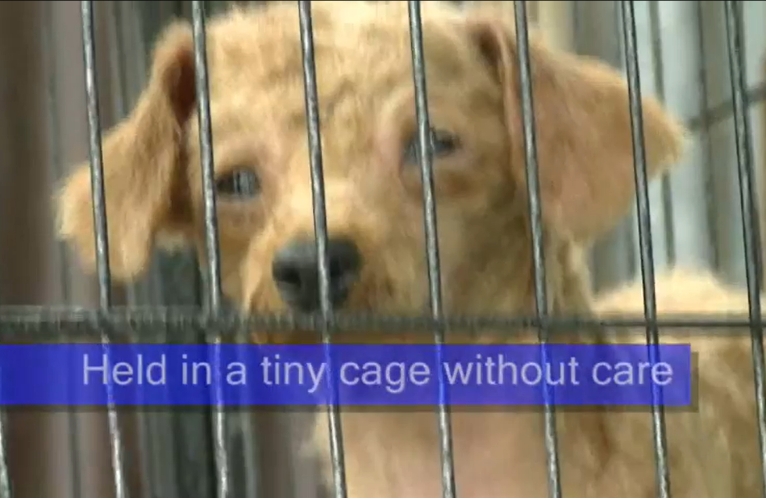
Puppy Farm Raid
The Hong Kong Society for the Prevention of Cruelty to Animals – as we were known in the early days – was formed by a group of volunteers in 1903 who wanted...
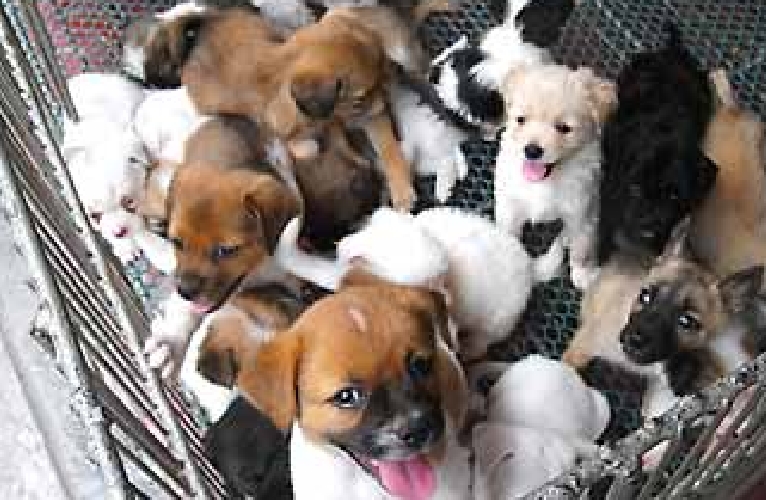
Pet Smuggling
The Dali pet market operates from Monday to Friday and provides wholesale and retail sales of animals, pet accessories, pharmaceuticals and veterinary services. It is also a national ...
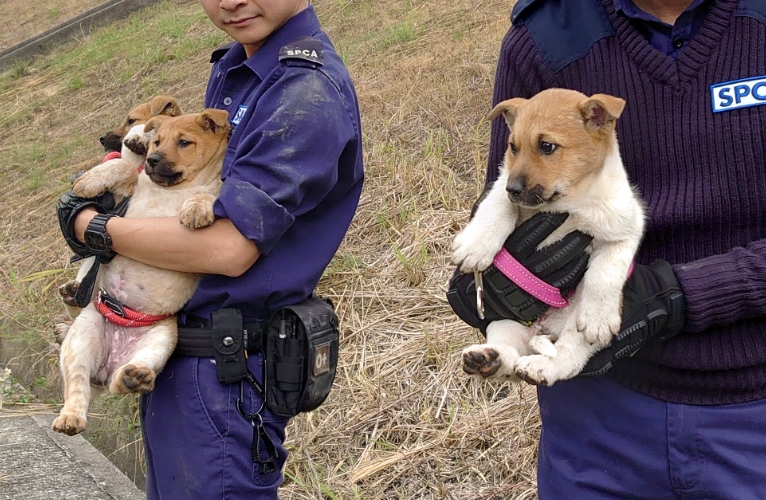
Genetic Illness
Pedigree dogs are a result of selective, restrictive breeding for characteristics that are "aesthetically pleasing” of a particular breed. Unfortunately, these practices have resulted in breeds with ...
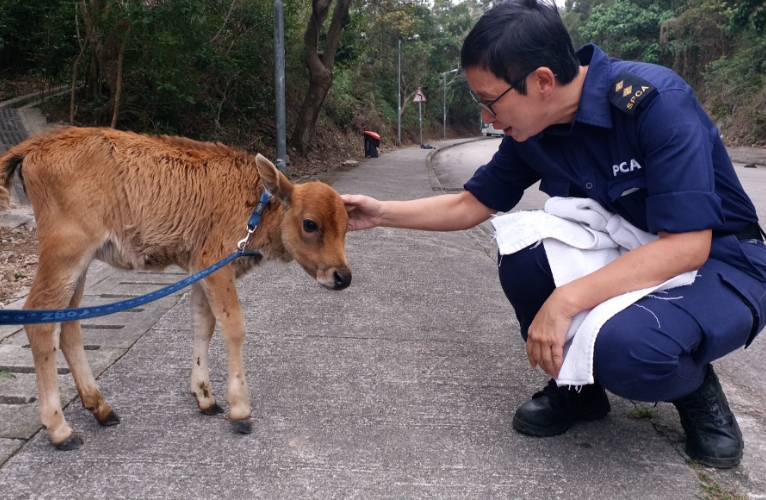
Legislative Changes
For many years, anyone claiming to be a private pet owner was free to sell dogs and puppies. Owners did not need to undergo any licensing or inspections; there were no limitations or ...

Ban the Breeder
We believe that adoption is the best option. A visit to any one of our Centres will reveal a wide range of dogs available. You may find the breed you are looking for, or fall in love with a wonderful ...
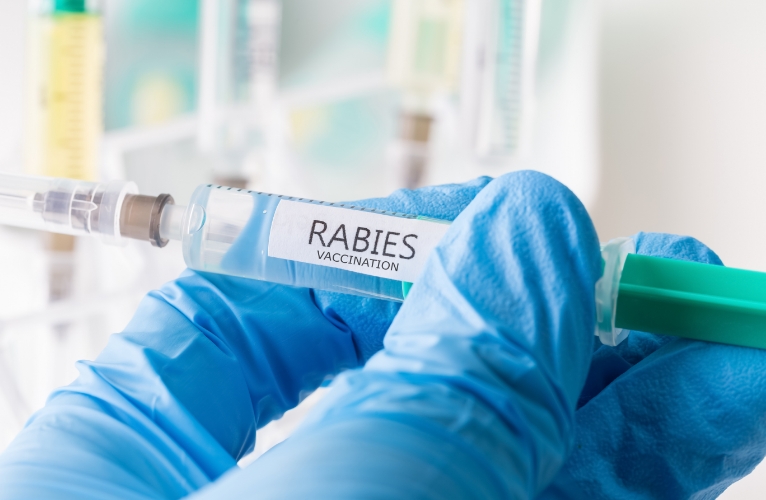
Rabies
Rabies is a zoonotic disease (i.e. one that can be transmitted to humans from animals) that is caused by a virus. It can infect both domestic and wild mammals and is fatal once symptoms ...











